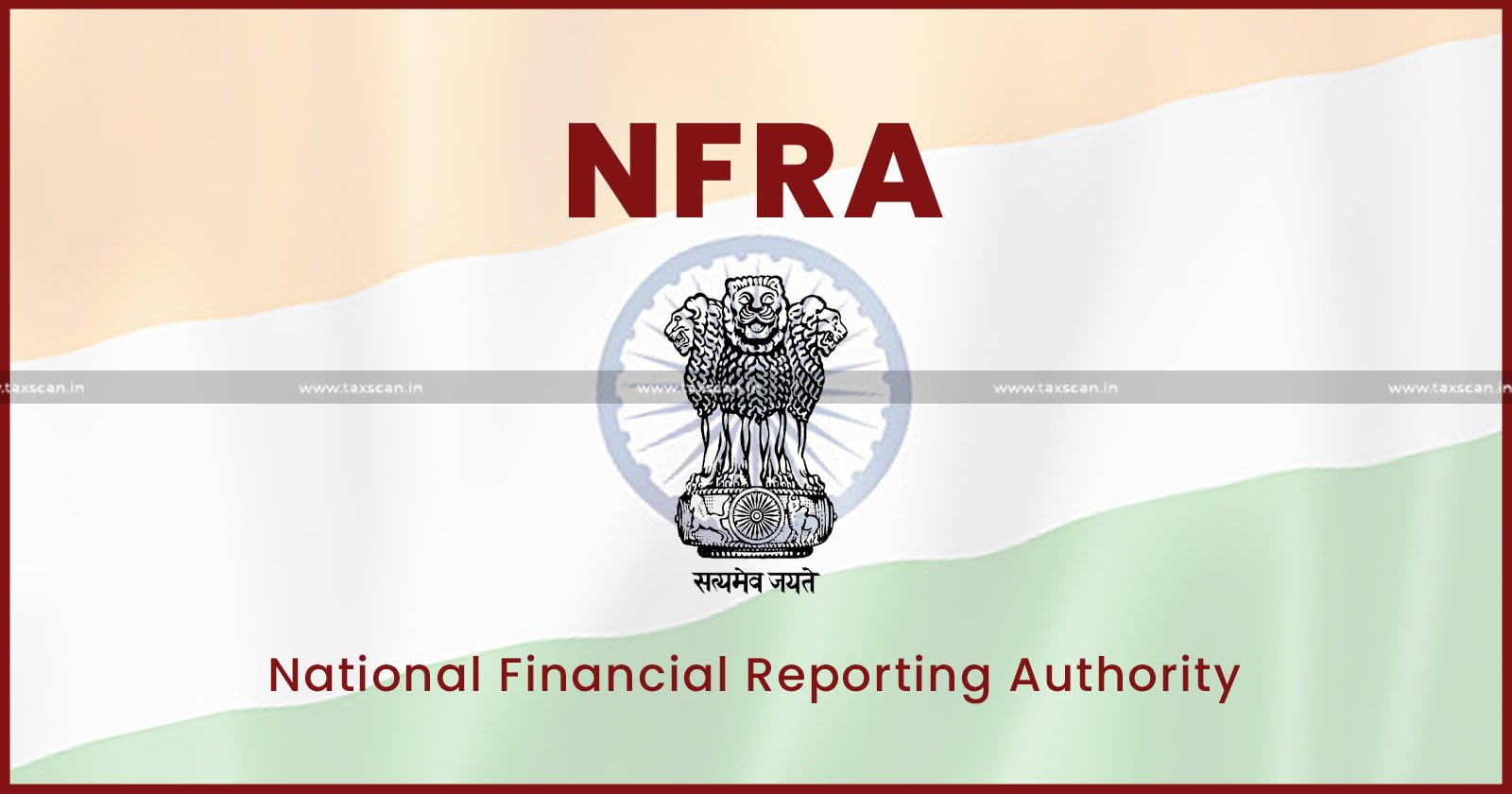NFRA Issues Guidelines on Auditing of Accounting Estimates and Judgments
The document marks the first in a series of publications

NFRA – National Financial Reporting Authority – Audit – Guidelines on Auditing – TAXSCAN
NFRA – National Financial Reporting Authority – Audit – Guidelines on Auditing – TAXSCAN
The National Financial Reporting Authority ( NFRA ) has released comprehensive guidelines aimed at enhancing audit quality and reinforcing the role of auditors in evaluating accounting estimates and judgments.
The guidelines are part of the initiative to align Indian Standards of Accounting and Auditing with global best practices, focus on improving communication between statutory auditors and audit committees while promoting adherence to regulatory frameworks such as the Companies Act 2013 and Ind AS standards.
Audit Smart, Secure Strong: Lead the Digital Safety Frontier - Click here to know more
The document marks the first in a series of publications titled Auditor-Audit Committee Interaction Series, with the inaugural installment concentrating on the audit of Expected Credit Losses (ECL) as prescribed under Ind AS 109 – Financial Instruments. The ECL model, introduced to address shortcomings identified during the global financial crisis, prioritizes the early recognition of credit risks over traditional incurred-loss methods.
The NFRA reiterated the need for detailed interactions between auditors and audit committees on critical areas, including the methodologies used for recognizing and measuring accounting estimates.
Auditors are expected to scrutinize the classification and measurement of financial assets under the ECL approach, ensuring the accuracy and reliability of management estimates. The guidelines also call for auditors to evaluate the robustness of internal control systems and the use of subject matter experts for complex calculations.
The document includes a series of illustrative questions that audit committees should pose to auditors. These cover areas such as the integrity of financial asset classifications, management’s credit risk assessments, and compliance with Ind AS 109 principles.
The guidelines encourage the adoption of best practices from international frameworks such as IFRS 9 and the Basel Committee’s guidance on external audits.
Audit Smart, Secure Strong: Lead the Digital Safety Frontier - Click here to know more
Referencing key Standards on Auditing ( SAs ) like SA 540 ( Accounting Estimates ) and SA 701 ( Key Audit Matters ), NFRA outlines the auditor’s role in ensuring transparency and mitigating management biases.
The guidelines further aim to address challenges associated with financial instruments, trade receivables, and loans, urging auditors to adopt a meticulous and forward-looking approach.
Organizations, particularly those in financial sectors like NBFCs and banks, are expected to enhance their credit risk models and ensure compliance with ECL standards.
To Read the full text of the Order CLICK HERE
Support our journalism by subscribing to Taxscan premium. Follow us on Telegram for quick updates


